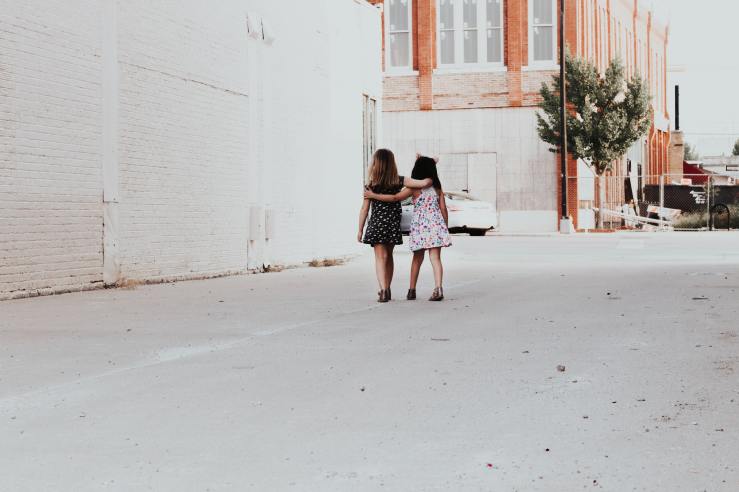Yesterday I had to stop myself from hiding a package of cookies in the basement so that my husband wouldn’t know I was breaking my self-imposed “no more sweets” rule. An image of me standing alone in the laundry room, munching on cookies, seemed pathetic. So, I put them on the shelf in the kitchen and offered to share them with my husband in the hope that they would be gone soon.
This is what it has come to in this glorious first month of 2024—writing about sneaking food.
When I first started this blog, the theme was summoning the courage to try new things, take big leaps, and stretch myself in different directions. In the seven-plus years since my initial post, I’ve tried many new things and taken several huge leaps—including writing and self-publishing my first book and quitting drinking. Major accomplishments!
At the same time, I’ve gravitated toward writing about smaller, everyday adjustments in my life. I’ve been exploring how to make intentional choices with my time and energy, and how to honor my personal needs, temperament, and capacities.
Many of my blog posts address my ongoing effort to spend more time doing things that strengthen me in the long-term and less time doing things that deplete me. The problem is…some of the counter-productive behaviors I’m drawn to actually feel pretty good in the short-term. Can you relate?
We’ve been going through a tough time in my household lately. My mom, who is 84 years old and lives with me and my husband, has a number of health issues. She has been hospitalized three times in three months, and now she’s in a rehabilitation facility. It’s been challenging.
In the quiet moments when I’m not talking with one of her doctors or a nurse or a case manager, when I’m driving home from visiting her, I feel overwhelmed.
More than once I’ve thought to myself:
I’m trapped.
I’m drowning.
How much more can I take?
What about my own health?
I’d like my life back, please.
(Yes, I’m a bit melodramatic.)
Enter, the reward. As someone who decided six years ago to stop rewarding myself with alcohol because it no longer served me, I’ve become acutely aware of the many other treats that I use to temporarily boost my mood. My recent go-to rewards include:
- A pack of Reese’s peanut butter cups, grabbed while checking out at the grocery store and quickly consumed in my car
- Purchases I don’t need: more 50%-off holiday wrapping paper, another kitchen gadget, or a second pair of nine-dollar pajama bottoms
- A quick (and then not so quick) scroll on social media, despite my commitment to take a break for a couple months
Though I am well aware that these rewards are like tiny bandages on a gaping wound, I find it hard to deny them to myself. Why can’t I give myself sweets, cheap stuff, and cat videos if I want? Don’t I deserve them?
However, the positive effect of these treats dissipates quickly. Much like drinking, they need to be repeated over and over, and the cumulative effects are not so positive.
Also, when I’m feeling majorly stressed out, I’m less inclined to do things that are more challenging but worth the effort, such as going to yoga and dance class, hiking, meditating, reading novels, and working on my second book.
The less I participate in these activities, the harder it is to get back into them. About a month ago I was in a serious funk, and I finally forced myself to get outside in the sun and take a walk. Within five minutes, I could feel my mood lift. The same thing happened when I returned to dance class after a months-long knee injury. I had forgotten how much I enjoy dancing and watching all the other people in the class dance. Their joyful energy is contagious and life affirming.
High on my Really-Need-To-Do list are: attending caregiver support group meetings whenever I can, connecting with friends, and asking for help even when it feels uncomfortable. I had to scale way back from my part-time job (which I truly enjoy)—I didn’t want to do this, but as I accepted more responsibility for helping my mom, I had to release some responsibility elsewhere. I know I can’t do it all.
My promise to myself for this new year is to balance living in the moment with taking care of myself in ways that I know will leave lasting, positive results. But I can’t say I won’t grab the occasional cookie for my trouble. Or one more pair of pajama pants.











